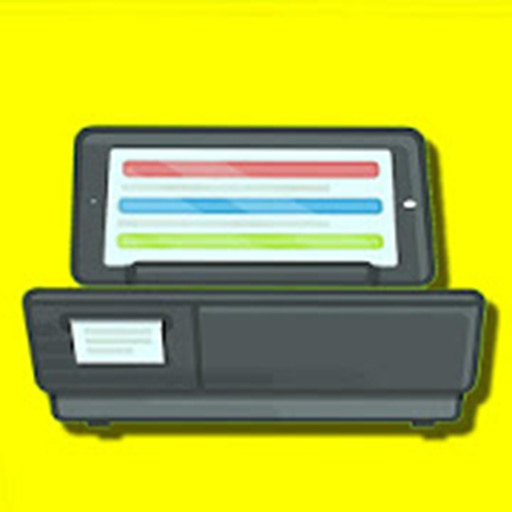

Note: Stop playing preflop guessing games that cost you money. Keep in mind that the 5-bet all-in option is only going to be good against players who 4-bet bluff at a decent frequency. If you’re in a wide range vs wide range spot (such as Small Blind vs Button), calling or even 5-betting all-in (with 100bb stacks) can be reasonable. If you’re in position versus the 4-bettor, calling becomes a lot more attractive. When facing a 4-bet, you should sometimes call and sometimes fold with Pocket Sixes depending on which positions are involved in the action. This is because you can stack the player when you flop a set against his strong range. If the player is very tight and the 3-bet size isn’t massive, for example, I’d lean towards always calling with Sixes. That being said, if you believe your opponent will not realize if you always do one or the other, and would also not adjust his strategy, then go ahead and choose the option that seems better against that player. When you are out-of-position especially, you should mix between calling and folding with Pocket Sixes. When faced with a 3-bet, both your position and your opponent’s position are important. Or, if the original raiser is someone you want to target, you can 3-bet. If the players behind won’t punish you for cold-calling, you can call. Of course, if you are up against a loose player, then cold-calling or 3-betting are probably your best options.Īgain, just be selective with when you do this. Sixes are the perfect kind of hand to call from the Button because it plays poorly against 4-bets and is too strong to fold.įrom the Rest: F rom the other positions, Pocket Sixes are not strong enough to cold-call or 3-bet because the “GTO” open-raising ranges are too strong. With this in mind, you are highly encouraged to have a calling range against the other positions. This fact increases your ability to realize equity. Just make sure you’re selective when it comes to calling from the Small Blind - you should still make the fold if the raise size is very large or the Big Blind is a decent player who may squeeze you out of the pot.įrom the Button: The Button is a special position because you are guaranteed to be the last player to act postflop. In this scenario, you can exploitatively call from the Small Blind. The exception is when you’re playing a very soft live cash game and the player in the Big Blind is not aggressive. You can just let it go against the earlier positions. So, you should only 3-bet Pocket Sixes from the Small Blind when facing an open from the Cutoff or Button. For this reason, you should only 3-bet from this position.īut if you’re up against an early or middle position raise, 3-betting with Pocket Sixes is too loose. įrom the Small Blind: Cold-calling from the Small Blind in cash games is almost always a losing play.

The pot odds you are given due to your obligatory investment in the pot make it very appealing to call, despite having to play out of position with a high stack-to-pot ratio.

When it comes to playing against a raise with Pocket Sixes, your position is a crucial factor.įrom the Big Blind : Just call versus a raise with Pocket Sixes. You should never open-limp with them (or any hand for that matter). You should always raise with Pocket Sixes preflop when the action folds to you, regardless of your position. Pocket Sixes fall in the top 6-7% of all starting hands.
POCKET CASH HOW TO
How to Play Pocket Sixes in Common Preflop Situations Unopened Pots Sign up now to get notified when the course comes out! The two tournament millionaires have combined forces to create the greatest tournament poker course ever made. Road To Victory: The Ultimate Tournament Course (Coming May 2023)ĭarren Elias and Nick Petrangelo are two longtime friends who have cashed for over $40 million in tournaments combined (not counting online, where they’ve won millions more).


 0 kommentar(er)
0 kommentar(er)
